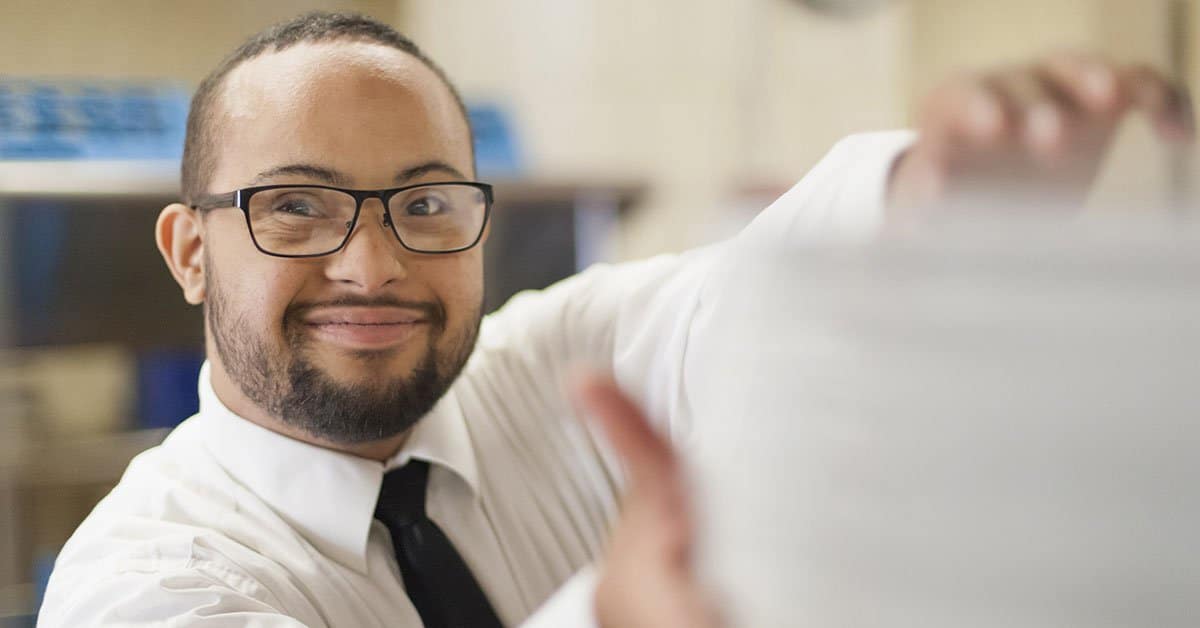July 26th, 2020 marked the 30th anniversary of the Americans with Disabilities Act. The ADA was meant to establish “a clear and comprehensive prohibition of discrimination based on disability.” This anniversary is, in no uncertain terms, a landmark achievement for folks with disabilities. It marked a turning point in history, but even today, the ADA is a far cry from true equality and inclusivity for individuals with disabilities.
Folks with disabilities have the right to productive, full, and meaningful lives just as much as any other member of society. But despite this, the world is filled with insurmountable, systemic barriers. Discrimination, though illegal, undoubtedly still occurs, though in most situations, it quietly flies under the radar.
Despite what the law says, discrimination is an all-too-familiar reality for so many individuals with disabilities.
How Can We Make Society More Welcoming For People With Disabilities?
1. Employ People with Disabilities
Individuals with disabilities are perfectly capable of entering and excelling in the public workforce. Many people with disabilities are intelligent, ambitious, and hardworking, making them excellent candidates for all kinds of careers. A person with a disability is an asset in the workforce.
2. Understanding the Disabled Community
Society needs to understand that the disabled community is a thriving social and cultural hub, just like any other. While no two disabilities are exactly the same, there is an element of mutual understanding between people who fall under the ‘disabled’ banner. Websites like AbleHere, Disabilities R Us, and Disabled United are just a handful of the many online community networks that help connect individuals with disabilities.
3. Watch Your Tone
How do you speak to someone with a disability? The answer is obvious: the same way you would talk to anyone else. Folks with disabilities don’t want to be condescended to or treated like children. They don’t want to be stripped of agency, offered backhanded compliments, or held up as a paragon of courage. Don’t tell a person with a disability that they are ‘brave’ for just living their normal lives. What you are really saying is, “your life must be a burden, and I pity you.” Don’t let preconceived notions of a person impact the way you treat them.
4. Better Representation
What we see in the media can shape our lives and our perceptions. When disability is represented poorly, individuals with disabilities seem themselves portrayed in a hurtful, negative light. Not only that, but non-disabled folks are taught, consciously or unconsciously, about the stereotypes of disability. Individuals with disabilities deserve to see themselves and their lives reflected in the media and to have stories that they can relate to. But disability representation shouldn’t just exist in the media. Disability should be reflected in all aspects of life, from business to board rooms, in politics, and beyond.
In conclusion, disability does not define a person, but it also shouldn’t be ignored. A person’s disability is just as much a part of them as their hair color or height. It isn’t a disadvantage; it is merely a way of life. And although steps have been taken, society still has a long way to go to achieve equality and inclusion.
To learn more about Independent Living Association or find out how you can help, reach out today.

































































